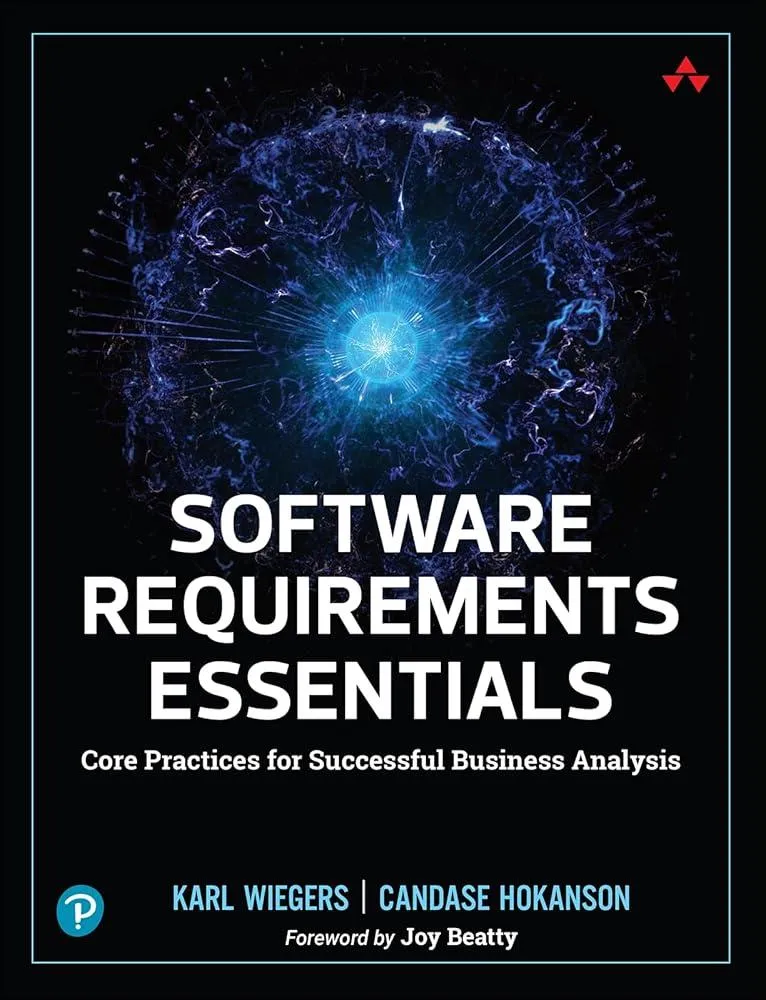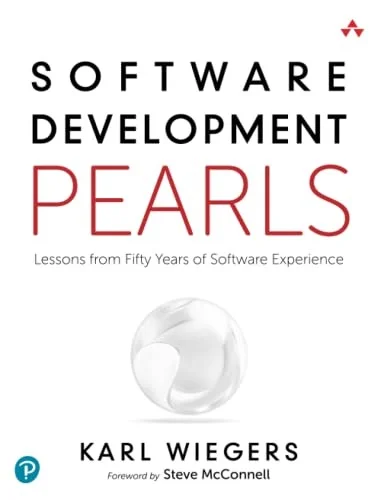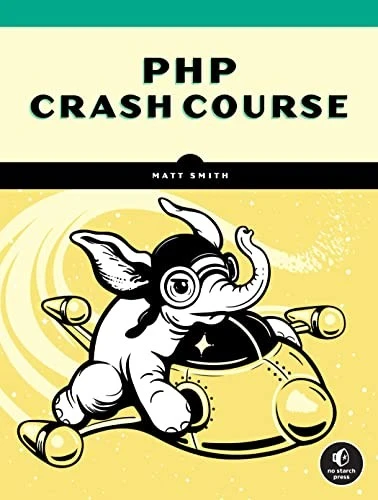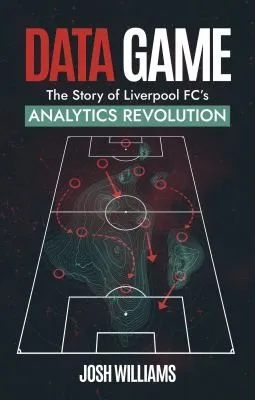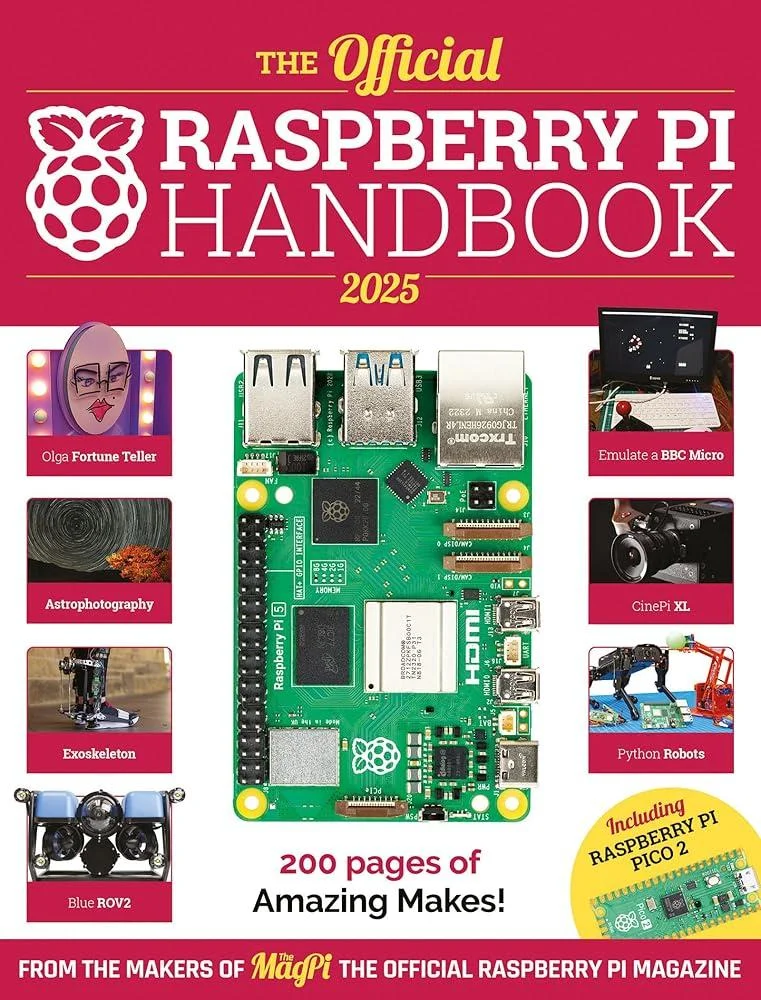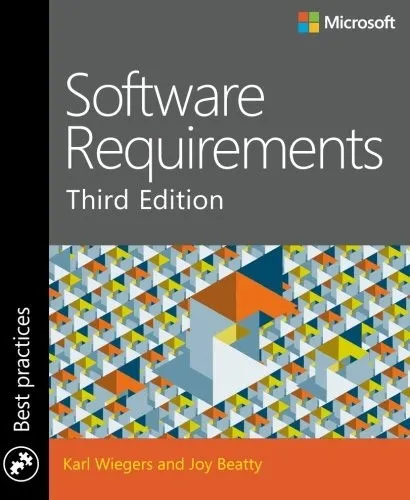
Software Requirements
(Autor) Karl WiegersNow in its third edition, this classic guide to software requirements engineering has been fully updated with new topics, examples, and guidance. Two leaders in the requirements community have teamed up to deliver a contemporary set of practices covering the full range of requirements development and management activities on software projects. Describes practical, effective, field-tested techniques for managing the requirements engineering process from end to end. Provides examples demonstrating how requirements "good practices" can lead to fewer change requests, higher customer satisfaction, and lower development costs. Fully updated with contemporary examples and many new practices and techniques. Describes how to apply effective requirements practices to agile projects and numerous other special project situations. Targeted to business analysts, developers, project managers, and other software project stakeholders who have a general understanding of the software development process. Shares the insights gleaned from the authors' extensive experience delivering hundreds of software-requirements training courses, presentations, and webinars. New chapters are included on specifying data requirements, writing high-quality functional requirements, and requirements reuse. Considerable depth has been added on business requirements, elicitation techniques, and nonfunctional requirements. In addition, new chapters recommend effective requirements practices for various special project situations, including enhancement and replacement, packaged solutions, outsourced, business process automation, analytics and reporting, and embedded and other real-time systems projects.
Karl Wiegers
Karl Wiegers is a renowned software engineer and author known for his contributions to the field of software development. He has authored several books on software requirements engineering, with his most notable work being "Software Requirements," which has become a foundational text in the industry. Wiegers is known for his clear and concise writing style, making complex topics accessible to a wide audience. His work has had a significant impact on the field of software engineering, helping professionals improve their practices and deliver successful projects.
